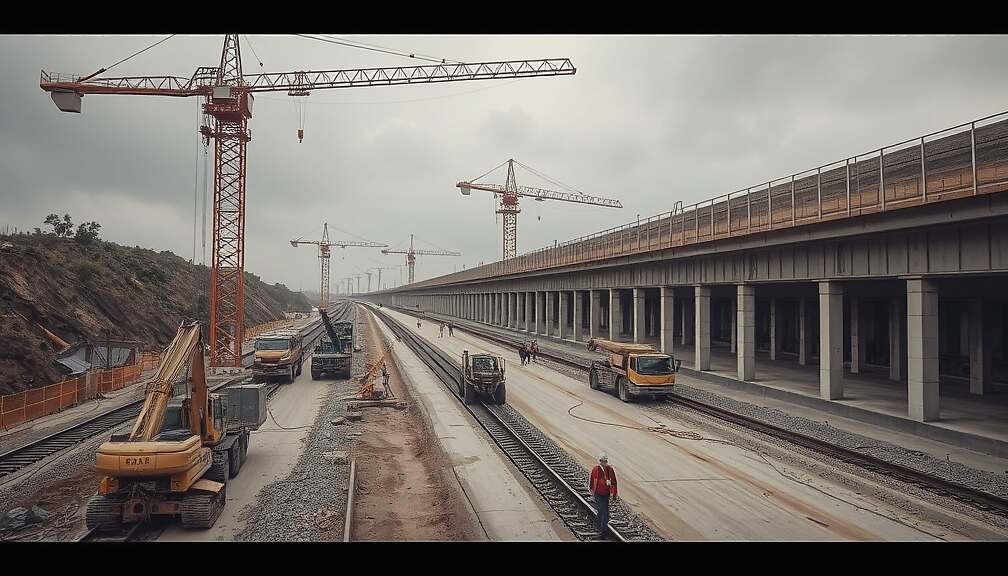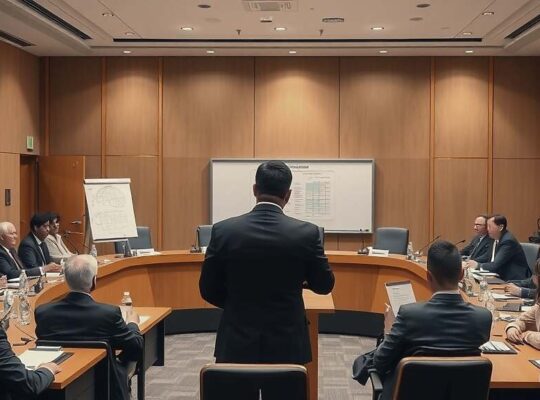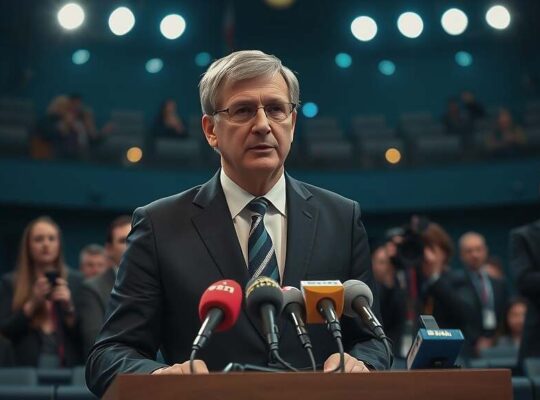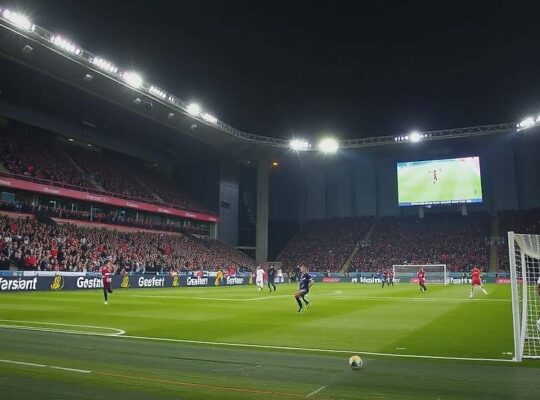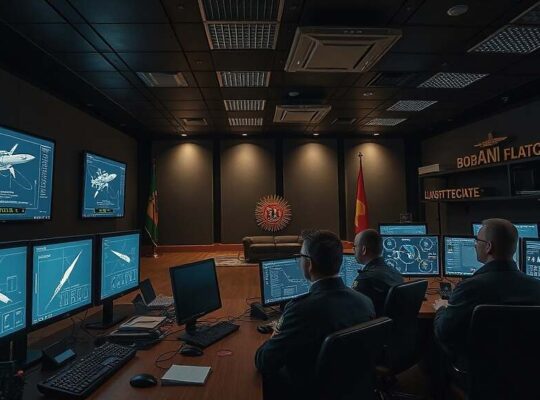The ambitious Stuttgart 21 railway project, intended to revolutionize rail travel in southwestern Germany, faces a significant delay, pushing back the planned opening date well beyond the previously stipulated December 2026. This latest setback, revealed by Deutsche Bahn (DB) CEO Evelyn Palla to the supervisory board and project partners, underscores ongoing concerns about the project’s feasibility and raises critical questions regarding oversight and risk management.
Internal analyses, conducted as early as this summer – predating Palla’s appointment – and corroborated by consultants PwC, had already flagged substantial risks associated with the original timeline. These assessments, reportedly suppressed or downplayed for political expediency, now appear to have materialized.
The primary driver for the postponement centers around debilitating technical issues plaguing the “Digital Node Stuttgart” a flagship digital signaling and control system crucial to the modernization effort. The project relies heavily on technology supplied by Japanese conglomerate Hitachi, whose systems are reportedly facing hurdles in securing necessary approvals and clearances. The lack of definitive resolution regarding Hitachi’s contributions suggests deeper systemic issues with integration and quality control within the overall project architecture.
Deutsche Bahn has refrained from providing a revised opening date, with an announcement anticipated only in mid-next year, contingent upon the development of a credible completion strategy. This strategic pause signals a recognition of the fragile state of public confidence and the dangers of setting premature targets.
The Stuttgart 21 project has been plagued by delays, cost overruns and persistent public opposition since its inception. Critics have long argued that the project’s complexity, coupled with a lack of transparency and a politically charged environment, created a fertile ground for mismanagement and escalating risk. This latest deferral will likely reignite debates about the project’s ultimate value and demands a renewed, independent evaluation of its technical viability and financial sustainability. The incident also throws a sharp light on the German government’s commitment to ensuring responsible stewardship of large-scale infrastructure projects and the need for more critical assessment of outsourced technological components.


